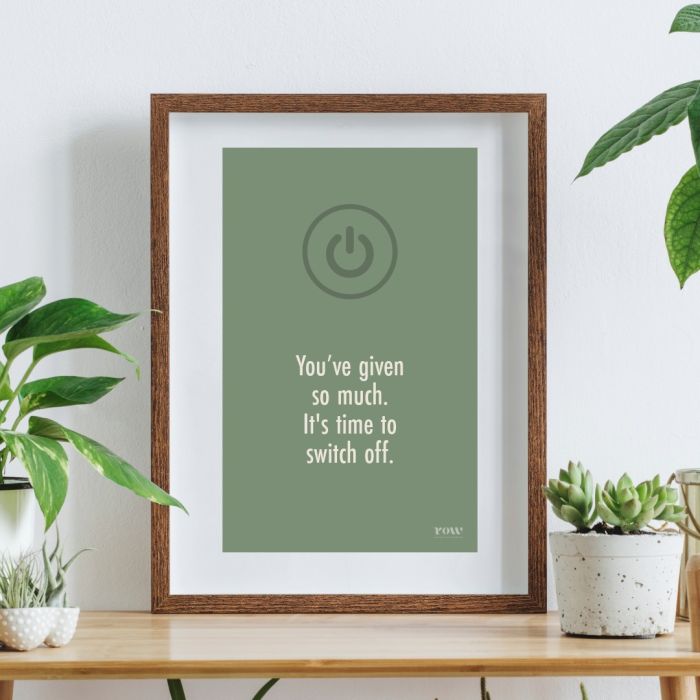When I talk with clients about employee wellbeing champions groups, one of the things I find myself talking about a lot is boundaries. I cannot overstate how crucial they are.
Wellbeing champions are usually volunteer groups of employees who provide worker representation on wellbeing-related issues in a workplace. They serve many important purposes from being the workplace’s eyes and ears on wellbeing to acting as culture amplifiers, promoting and role-modelling the desired culture.
In my experience, wellbeing champions are inherently passionate and they take on the volunteer role to help others. However, experience also tells me that wellbeing champions can easily find themselves in situations where the lines have become blurred. This isn’t usually a champion's fault - it might be due to poor role clarity, lack of communication about the role with staff, or it could be that the champion's efforts to help someone have overstepped the mark, causing things to get out of hand.
Real-life boundary issues that have been shared with me include:
- a staff member becoming too dependent on a champion as a reliable listening ear
- being contacted outside of work hours (for one client, this happened late on a Saturday night), or
- being pulled into a heated he said/she said conversation that needed to be escalated pronto.
Of course, context matters. It may be that your organisation is a 24-hour operation, and your champions are available for phone calls late on a Saturday night. Or, it may not be appropriate. The key here is to help your wellbeing champions set boundaries and know what's ok and not ok. Maintaining boundaries is essential not just for their safety but also for the wellbeing of their peers.
What are boundaries?
Want to read more?
Sign in below if you're a Revolutionary (member).
Not a member yet?
Join in seconds! Just $10/month (+ any tax).
Cancel anytime.
Be a revolutionary and join now










